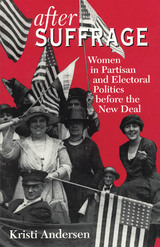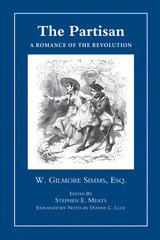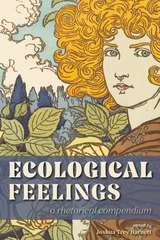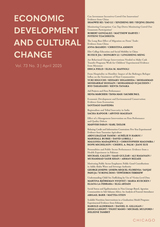2 books about Partisan

After Suffrage
Women in Partisan and Electoral Politics before the New Deal
Kristi Andersen
University of Chicago Press, 1996
Debunking conventional wisdom that women had little impact on politics after gaining the vote, Kristi Andersen gives a compelling account of both the accomplishments and disappointments experienced by women in the decade after suffrage. This revisionist history traces how, despite male resistance to women's progress, the entrance of women and of their concerns into the public sphere transformed both the political system and women themselves.
Andersen shows how women's participation was based on a conception of women's citizenship as indirect and disinterested. Gaining the right to vote, campaign, and run for office transformed women's citizenship; at the same time, women's independent partisan stance, their focus on social welfare concerns, and their use of new political techniques such as lobbying all helped to redefine politics.
This fresh, nuanced analysis of women voters, activists, candidates, and officeholders will interest scholars in political science and women's studies.
"In this rich and engaging book, Kristi Anderson presents a convincing argument that woman suffrage deserves greater scrutiny as a social, cultural, and political force in the development of American electoral and party politics."—Jane Junn, Political Science Quarterly
"Anderson's innovation in this book is to change the dominant question asked about American women's suffrage. . . . This book offers a much-needed corrective to the conventional conception that the enfranchisement of women had no significant effect on American society."—Inderjeet Parmar, Political Studies
"Anderson's book is an excellent treatment . . . and a sterling example of the value of using multiple research methods—also steeped within a deep understanding of context, culture, and historic trends—to explain something as complicated and nuanced as the impact of women's votes after suffrage."—Laura R. Woliver, Journal of Politics
Andersen shows how women's participation was based on a conception of women's citizenship as indirect and disinterested. Gaining the right to vote, campaign, and run for office transformed women's citizenship; at the same time, women's independent partisan stance, their focus on social welfare concerns, and their use of new political techniques such as lobbying all helped to redefine politics.
This fresh, nuanced analysis of women voters, activists, candidates, and officeholders will interest scholars in political science and women's studies.
"In this rich and engaging book, Kristi Anderson presents a convincing argument that woman suffrage deserves greater scrutiny as a social, cultural, and political force in the development of American electoral and party politics."—Jane Junn, Political Science Quarterly
"Anderson's innovation in this book is to change the dominant question asked about American women's suffrage. . . . This book offers a much-needed corrective to the conventional conception that the enfranchisement of women had no significant effect on American society."—Inderjeet Parmar, Political Studies
"Anderson's book is an excellent treatment . . . and a sterling example of the value of using multiple research methods—also steeped within a deep understanding of context, culture, and historic trends—to explain something as complicated and nuanced as the impact of women's votes after suffrage."—Laura R. Woliver, Journal of Politics
[more]

The Partisan
A Romance of Revolution
William Gilmore Simms
University of Arkansas Press, 2011
The writings of William Gilmore Simms (1806-1870) provide a sweeping fictional portrait of the colonial and antebellum South in all of its regional diversity. Simms's account of the region is more comprehensive than that of any other author of his time; he treats the major intellectual and social issues of the South and depicts the bonds and tensions among all of its inhabitants. By the mid-1840s Simms's novels were so well known that Edgar Allan Poe could call him "the best novelist which this country has, on the whole, produced." The thirteenth volume in the ongoing Arkansas Edition of the works of Simms, The Partisan is the first in order of publication of Simms's Revolutionary War romances. Although Simms took advantage of the novelist's prerogative to invent characters and events for his saga, he did so with a historian's eye, making extensive use of official histories; letters, diaries, and other documents; family traditions; and unpublished and published memoirs. Simms gives human interest to the novel's historical framework with two love triangles, mixing romantic conventions with gritty realism that outlines the four classes of Simms's ideal society. The Partisan is also remarkable among Simms's work for its use of symbols, indicating, perhaps, a new intention for the novel. The result is a satisfying work of literary art enlivened with adventure and humor while remaining true to the history behind it.
[more]
READERS
Browse our collection.
PUBLISHERS
See BiblioVault's publisher services.
STUDENT SERVICES
Files for college accessibility offices.
UChicago Accessibility Resources
home | accessibility | search | about | contact us
BiblioVault ® 2001 - 2025
The University of Chicago Press









